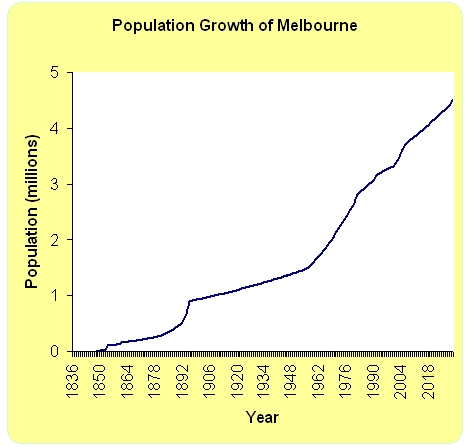Melbourne's housing wars

Cities are growing all over the planet. In considering Melbourne's housing problems, I was momentarily distracted by San Francisco. Seems there has been an influx of some 75 thousand people over the last decade, leading to some well publicised incidents: demonstrations at Google buses, posting of nasty signs. Serious, I thought. Then I realised that Melbourne is growing by some 50 thousand people every year. So where SF has struggled with 75 thousand, Melbourne has somehow dealt with 500 thousand. Wikimedia: Biatch at en.wikipedia Impressive, I thought. Melbourne is successful. In a sense, yes. There are problems with success. It becomes expensive, for one. "The Economist" global housing prices. How can it be that it's more expensive to live in Melbourne than in London? At one level, it is the price of popularity. How does it do it? Mostly by adding at the edges. The fastest growing areas are in the outer fringes of the city. Great,
